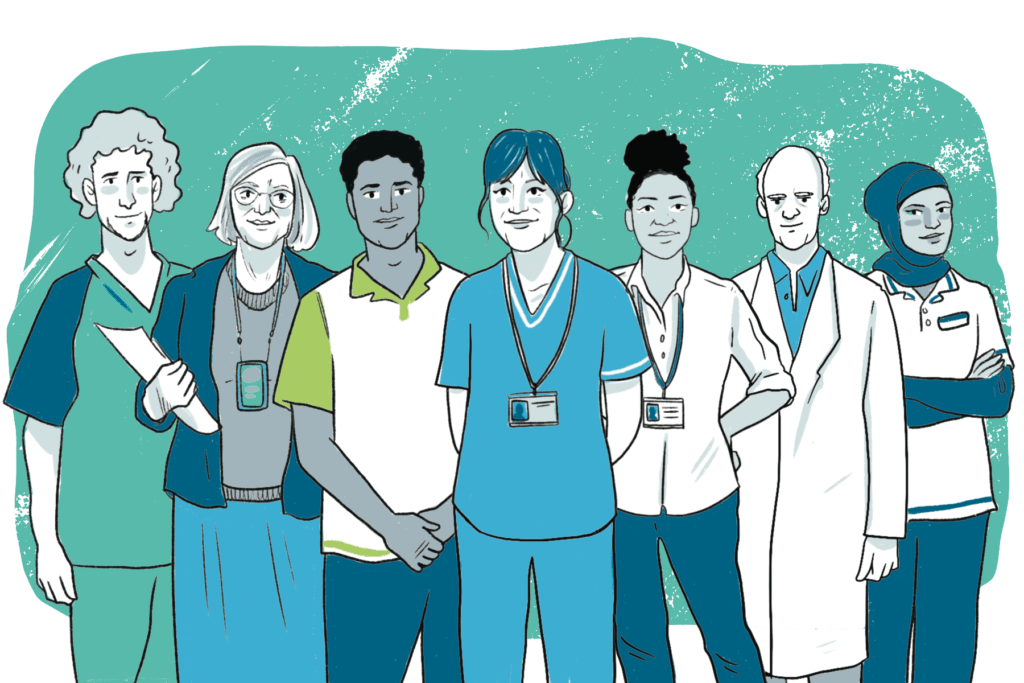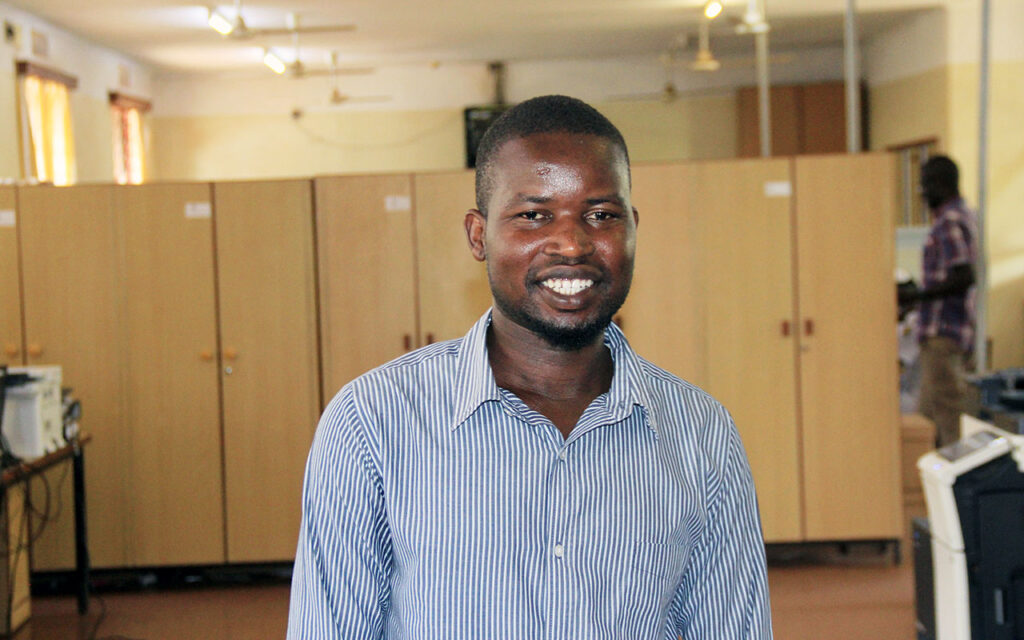Virtual haemophilia care — What do the experts say?
Community advocate Rich Gorman comments on a recent paper discussing virtual care for haemophilia, published in The Journal of Haemophilia Practice

The Journal of Haemophilia Practice publishes all kinds of papers relevant to how healthcare professionals deliver care for haemophilia and other bleeding disorders. One such article recently reported on the reflections of a group of healthcare professionals from different medical specialities, who gathered together to reflect on opportunities and challenges for remote and virtual forms of haemophilia care.
Quality, accessible care
The article stresses the importance of ‘multidisciplinary care’ for people with haemophilia – that is, care that draws on the expertise of different medical specialists and professionals.
Quality healthcare for people with haemophilia isn’t just about preventing and controlling bleeding. It also involves managing pain, managing joint health through physiotherapy, and managing mental wellbeing through psychosocial care, alongside an array of other things unique to the individual person. How to bring all of these key voices and specialities together when providing remote or virtual haemophilia care is an important challenge.
The Covid-19 pandemic highlighted the importance of being able to access care from a distance. For many of us, it also demonstrated how complex it can be to manage bleeds remotely. However, the authors suggest that virtual haemophilia care can aid flexibility in terms of accessibility, delivery, and personalisation of care – and that this could lead to greater convenience and choice for people with haemophilia.
Virtual challenges
Virtual care is a particular challenge for certain aspects of haemophilia care, and this is very much recognised by the authors. Think about things like delivering physiotherapy, diagnosing bleeds, training people to self-infuse… And then there’s the importance of building trusting relationships between people with haemophilia and the healthcare professionals who treat them – and having deep conversations without face-to-face cues.
There is a risk of creating inequality for people – and treatment centres – who don’t have the IT equipment at home they need to participate properly. People with haemophilia may not have the privacy to talk openly about healthcare problems when attending a virtual appointment rather than being in a closed clinical consultation room.
There is also the challenge of ensuring that developing expertise in haemophilia care remains sustainable. How will this work if students and trainees cannot ‘sit in’ on consultations as easily.
The authors also discuss the challenge of ‘virtual fatigue’ in a world where everything has gone online. It’s good to see haemophilia healthcare professionals being aware of these kind of problems, and actively thinking about ways to manage future care provision.
Can a hybrid model work?
Despite these challenges, the paper suggests that the development of virtual and telephone-based haemophilia care during the pandemic is likely to continue in a ‘hybrid’ manner. This is something that at least some of us may have come across already, combining the best of both worlds with a mix of face-to-face and remote care. Importantly, they also note the importance of ensuring that the method of care delivery is individualised and tailored to the preferences and experiences of people with haemophilia.
One size does not fit all – a ‘hybrid’ approach will involve a different mix of face-to-face and remote care amongst different people, and change over time as they navigate different aspects of their haemophilia journey. The authors remind us that just because someone can be seen virtually, that doesn’t always mean they should.
Ongoing development
The authors conclude that more research and guidance is needed into the standardisation and reliability of virtual haemophilia care.
Delivering haemophilia care virtually, or using a hybrid model, is a fundamental change – a real ‘paradigm shift’. When thinking about further research in this area, it’s also important to consider the voices of the individuals receiving care, and whether people with haemophilia really do find that virtual haemophilia care offers greater convenience and choice.
Further reading
Benson G, Bhandari T, Gomez K, et al. A multidisciplinary approach to optimising the virtual management of haemophilia: a roundtable meeting of UK experts. The Journal of Haemophilia Practice 2023; 10(1): 138-154. doi: 10.2478/jhp-2023-0022.
About the author
Rich Gorman lives with severe haemophilia A. He is Assistant Professor in Ethics and Social Science (Clinical and Experimental Medicine) at Brighton and Sussex Medical School.


